Research at SCENE
Current research at SCENE reflects the strengths of the University of Glasgow's Institute of Biodiversity, Animal Health & Comparative Medicine, with its focus on evolutionary biology, eco-physiology (animal health), disease ecology, and environmental change. SCENE’s natural environment and facilities enable researchers to contribute to these areas of fundamental research are complemented by applied, environmentally oriented projects, of both international significance and local, Scottish impact. To learn more about our research and facilities watch our video.
Examples of our Current Research
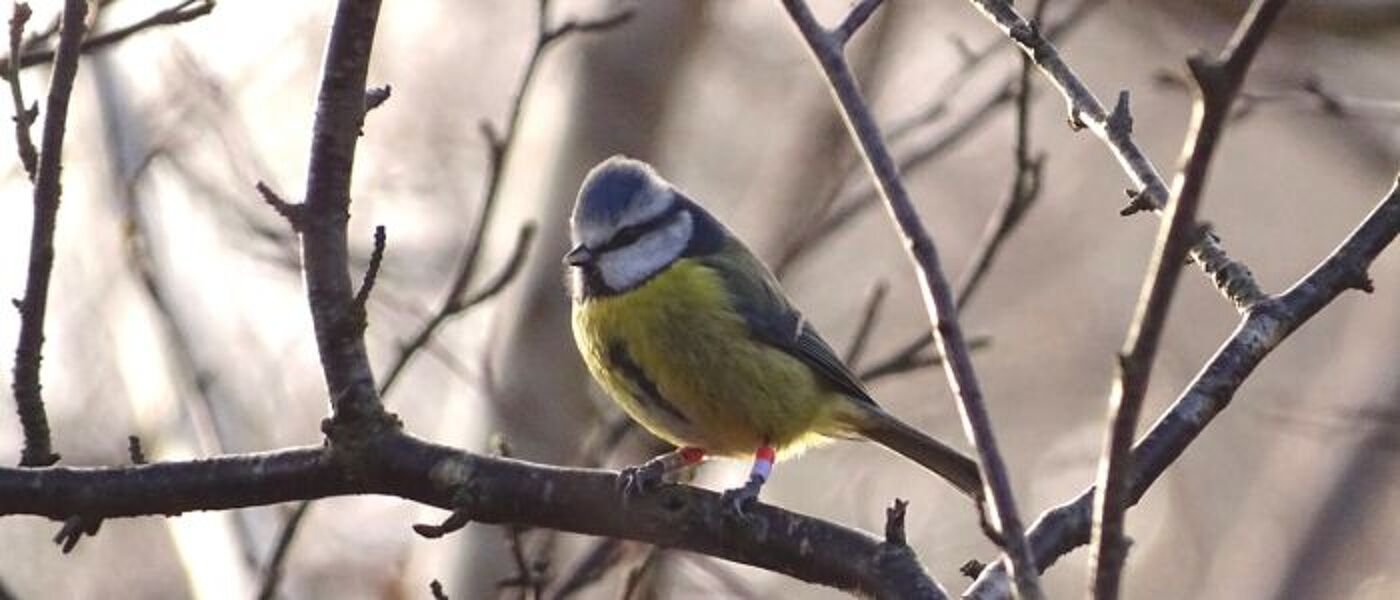
Blue tit and Great tits to investigate the urban to rural nest box gradient
We are investigating the impact of urbanisation on avian reproduction and activity using a 20-site urban-forest gradient. A large team undertake annual nest recording and habitat monitoring to investigate differences in life-history traits of Blue and Great Tits along the gradient. In 2020 – 2021 we used radio-telemetry pre- and post-breeding to investigate differences in activity patterns in response to light pollution in six passerine bird species.
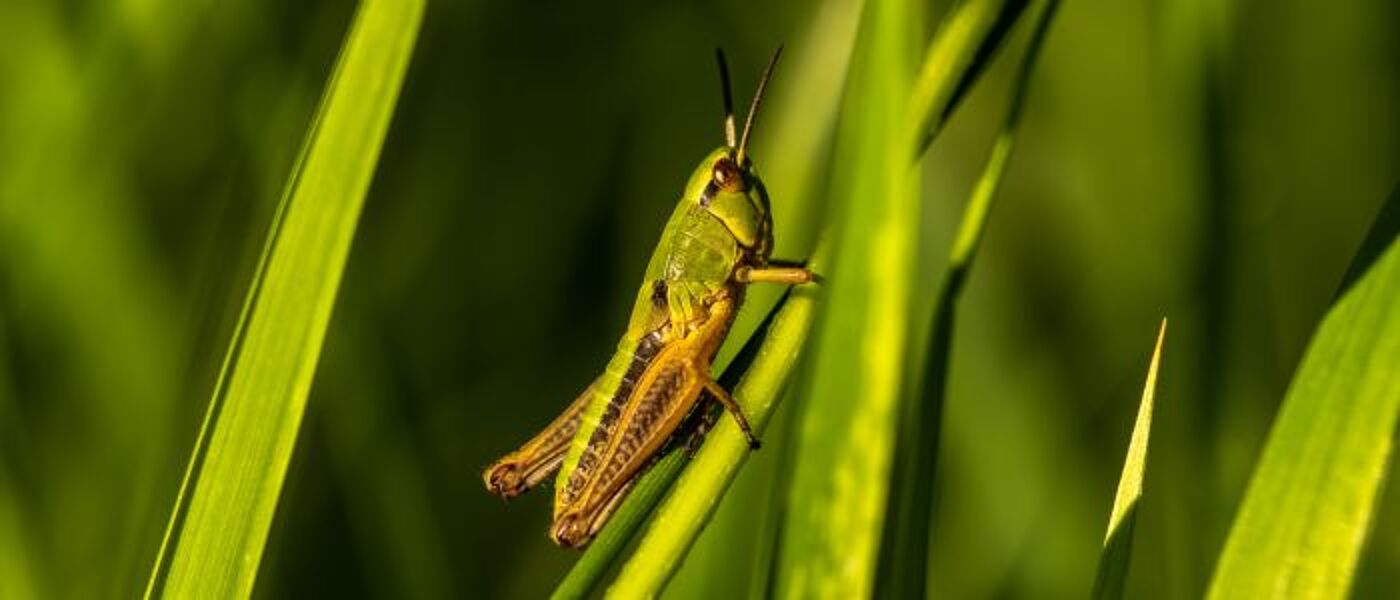
Lab and wild crickets to investigate the process of ageing
Using populations of both captive and wild field crickets, this current research focuses on unraveling the impacts of the environment on the rate of ageing, the extent to which parental state at breeding is transmitted to the descendants through non-genetic heredity, and the underlying physiological mechanisms of such intergenerational effects.
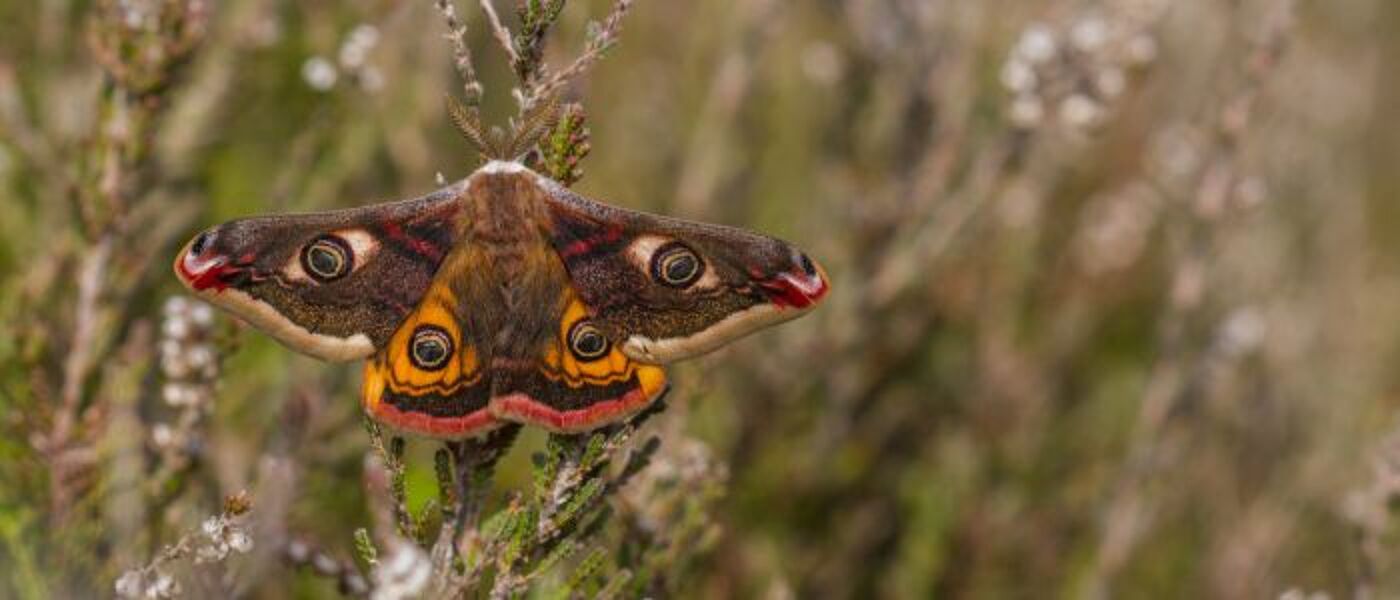
Long-term change in moth community in east loch lomondside
There has been a moth trap at SCENE since 1968 as part of the Rothamsted Insect Survey. Using the data from this trap, we aim to investigate long-term change in the diversity, composition and phenology of the moth community, and whether these changes can be explained by ecological traits or environmental variables.
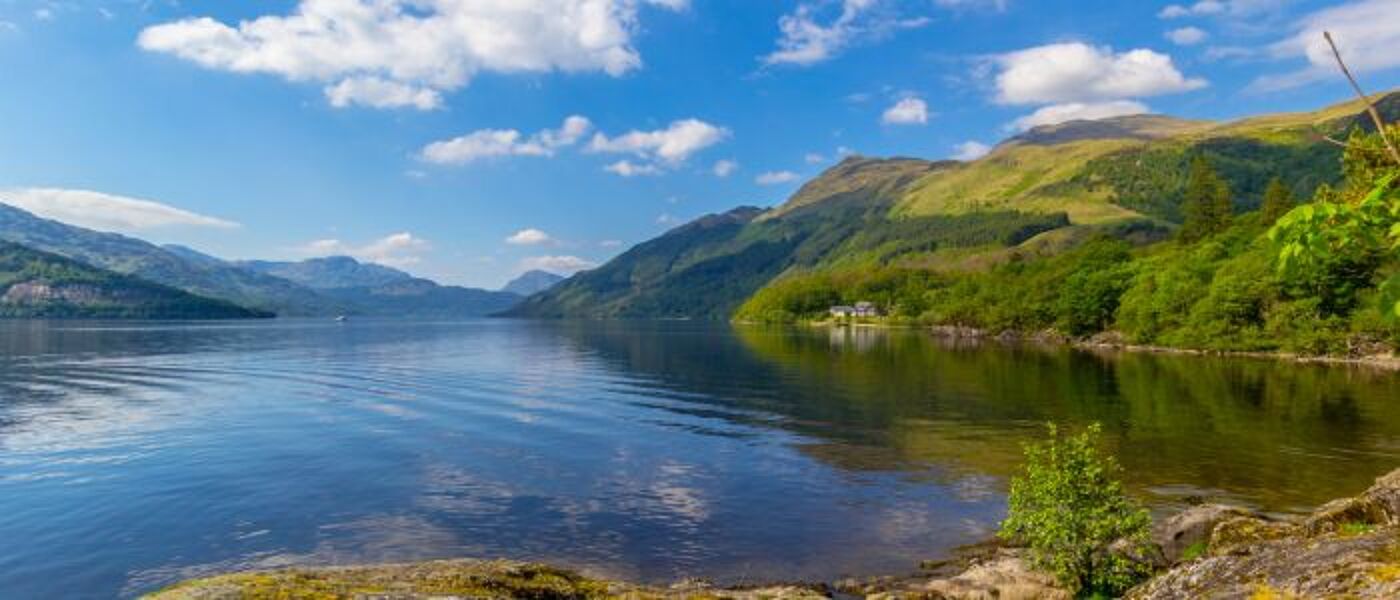
Conservation management of Coregonids in the UK- (UK’s rarest freshwater fish)
Freshwater systems and the species they support are disproportionately under threat from environmental change. The ecology of rare fishes and how populations may respond in the longer term to conservation management is one strand of research in which we and our collaborators are actively engaged.
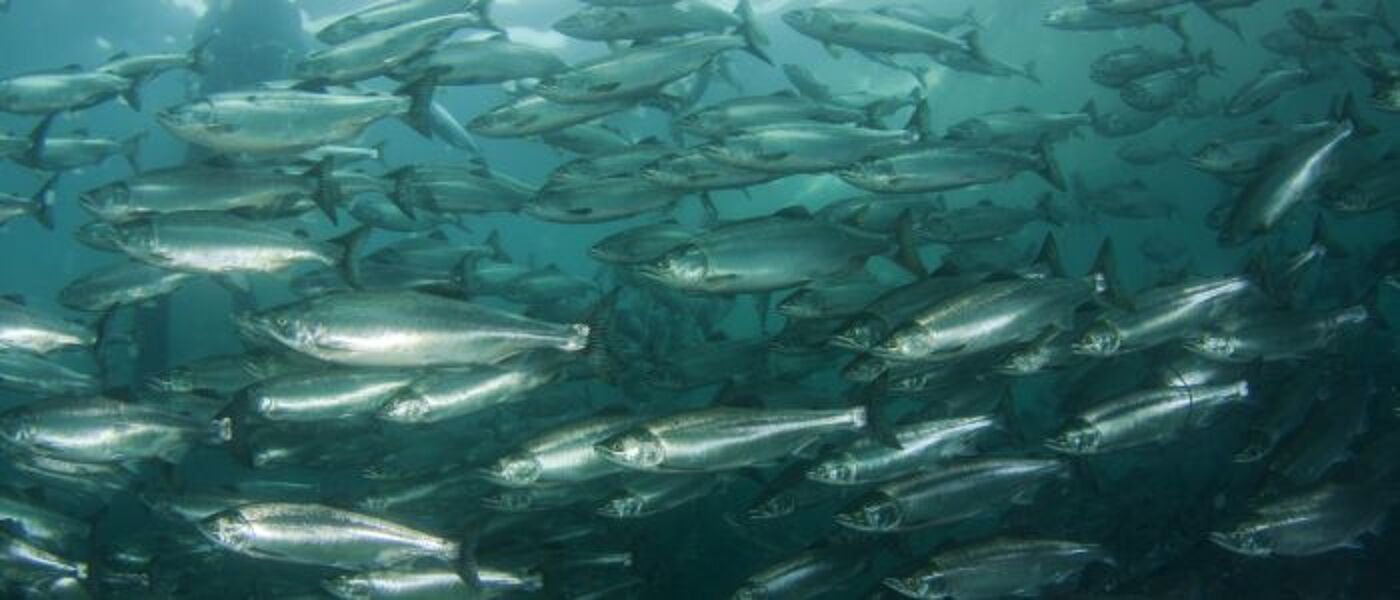
Salmonid movement ecology
We use fish models and mostly species of high conservation or economic value to address applied questions around the where, when and how of migration, but we also address fundamental questions around the relationship between phenotype, genotype and biological fitness for animals with complex migration patterns. We employ a range of techniques, in particular, we have developed expertise in the use of telemetry to be able to track fish migration, particularly between freshwater and marine systems.
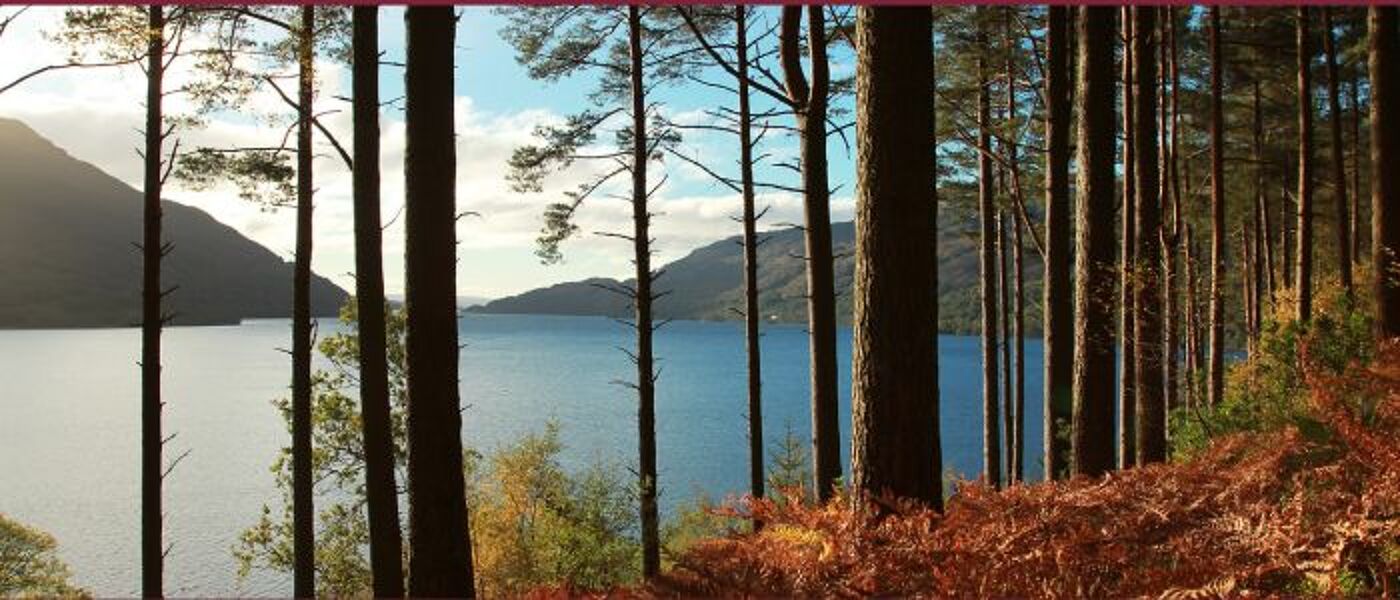
GALLANT Glasgow as a living lab to trial new sustainable solutions
The focus of our work involves ‘Biodiversity and societal benefits of ‘natural’ urban habitats: Nature-based Solutions in an integrated urban-habitats network’ and will investigate how cities can play a key role in halting biodiversity loss by restoring and connecting currently isolated habitat patches. We will undertake field studies examining ecosystem services provided by open spaces in the Glasgow region and will improve biodiversity by restoring and connecting habitats across Glasgow. Communities will play a key role in helping researchers to map key species that will inform management practices in green and blue spaces to increase connectivity between habitats.


